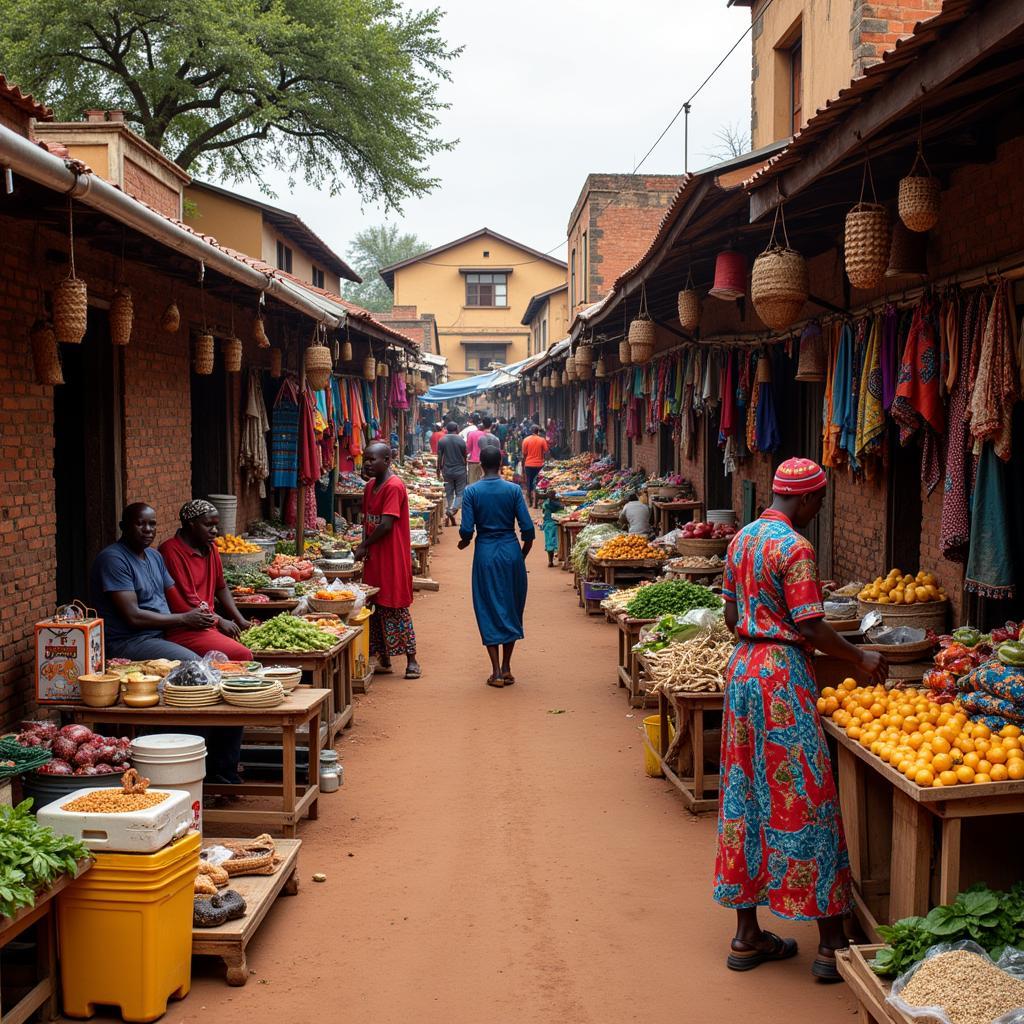Explain Any Five Characteristics of the South African Constitution
The South African Constitution is hailed globally as one of the most progressive and comprehensive constitutions ever written. Enacted in 1996, it marked the end of apartheid and the dawn of a new era of democracy and equality in South Africa. The constitution is built on the pillars of human dignity, equality, and freedom, aiming to create a society free from discrimination and oppression. Let’s delve into five key characteristics that make this document so remarkable.
1. Supremacy of the Constitution
The South African Constitution stands as the supreme law of the land. This principle, known as constitutional supremacy, means that all other laws and government actions are subordinate to the Constitution. Any law or conduct inconsistent with the Constitution is invalid. This ensures that the values, rights, and principles enshrined in the Constitution are upheld above all else.
2. A Justiciable Bill of Rights
The South African Constitution includes a comprehensive and justiciable Bill of Rights. This means that individuals and groups have the right to challenge any law or government action that infringes upon their fundamental rights. The courts have the power to review the constitutionality of laws and government actions and to provide remedies for violations of rights.
3. Separation of Powers
To prevent abuse of power, the South African Constitution establishes a clear separation of powers among the three branches of government: the legislative branch (Parliament), the executive branch (the President and Cabinet), and the judicial branch (the courts). Each branch has its own distinct functions and powers, ensuring a system of checks and balances that prevents any one branch from becoming too powerful.
4. Independent Judiciary
An independent and impartial judiciary is crucial for upholding the rule of law. The South African Constitution guarantees the independence of the judiciary, ensuring that judges are free from political interference and can make decisions based solely on the law and the evidence. This independence is essential for the effective protection of human rights and the promotion of justice.
 south-africa-constitution-text
south-africa-constitution-text
5. Transformative Constitutionalism
The South African Constitution is not merely a static document but embraces the concept of transformative constitutionalism. This means that the Constitution is a living document, intended to guide South Africa’s transformation into a more just and equitable society. It recognizes the need for redress of past injustices and promotes substantive equality, aiming to create a society where all citizens have equal opportunities and rights.
The five characteristics explored here offer a glimpse into the progressive nature of the South African Constitution. It serves as a beacon of hope not only for South Africa but for democracies around the world.


